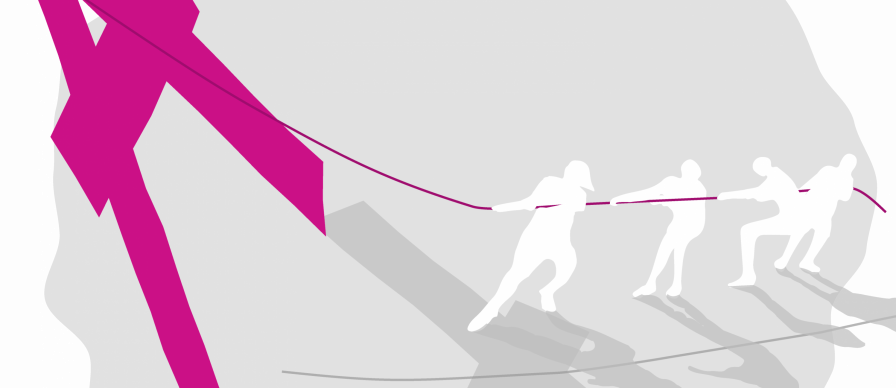In the last 10 years we have seen a rise in people talking about citizens and public service professionals sitting together to design services, drawing on the knowledge and experiences of local people to complement the service delivery experts and policy officials. What many refer to as co-production.
We believe that the practices of community organising and ABCD community building are an essential prelude to co-production and indeed to effective community engagement in general. After all, especially when it comes to engagement, how can you engage with a community before that community has been built?
With regard to co-production – while we believe it to be essential – we would argue that without community organising and ABCD community building, it will not be sufficient to bring about a more just and inclusive society. Here are the four reasons why:
1. Co-production does not adequately challenge the larger implicit (sometimes explicit) and wrongly held notion that people are poor because of personal failings, rather than as a result of systems and policies that are structured to maintain a class system that benefits some at the expense of others. What makes the rich richer makes the poor poorer.
2. It fails to acknowledge that much social change, and that which determines a good life, has nothing to do with changing the systems and structures that have been given us, or bringing in the professionals or experts or services of any kind, and everything to do with the urgent need to radically reseed community and a sense of neighbourliness on its own ground separate from institutional life.
This is what Ben Barber is pointing to in his recent publication ‘Strong Democracy‘, as is Harry Boyte, in ‘The Backyard Revolution’. This very local rebuilding of community, while seeking to put citizens at the centre of democracy also argues that, for this to happen, institutions and professionals need to give up significant ground and power and put trust in citizens to make the decisions.
This is particularly true when the ground does not require professional intervention in the first place, not even co-productively. The point to be made here is this: there are certain things that cannot be done by either citizens or professionals working alone or at cross-purposes to each other. These things lend themselves to co-production. But there are many things that are best done by citizens in their own right, and on their own collective terms. These do not require co-production, or any other service based response. These efforts are not progressed through partnerships between citizens and professionals, but by citizens becoming community. What they require is a commitment to the nurturing of citizen-led action and place based investment, and that happens best through community organising and ABCD community building.
3. Co-production seems to stand back from challenging the problem that is at the heart of a social service economy. Namely, money intended to address issues of poverty is not sufficiently going into the hands of the poor, but instead going to paid professionals.
4. It is silent on the issues of distributive wealth, personalisation, and economic justice that need to be placed at the centre of this debate. What we hear on the ground is a strong support for policies such as direct payments, the introduction of a universal basic income, and an active movement away from benefit systems that subjugate poor people.
If we are serious about co-production of services, and of a life beyond services, then we need a much more radical solution than the current framing of co-production offers.
All that said we believe that co-production and localism can reach their full potential and contribute to creating a more just society if we enable a eco-system of change to evolve, where the sequence starts at street level with community organising and ABCD community building practices at the heart of how we engage and support communities to flourish and challenge.
All enduring change happens grassroots up, and from inside out. But it needs to be facilitated if it is to happen for all communities; it won’t happen by wishing it so, or by wagging our finger at the problem of social fragmentation.
In Part Three, the last part of this series, we will describe how we believe that facilitation and change can be brought about, and what it might look like on Monday morning!



